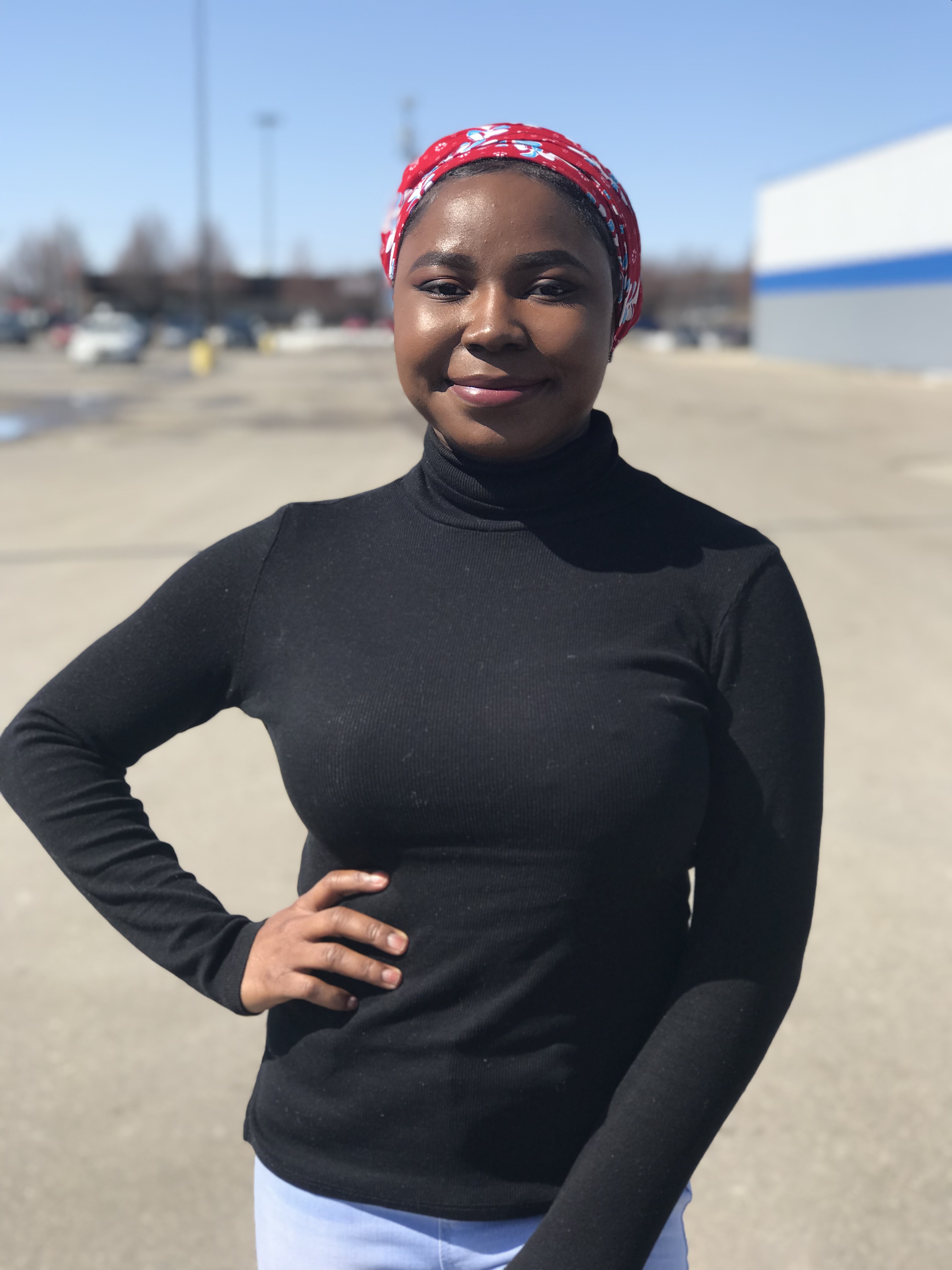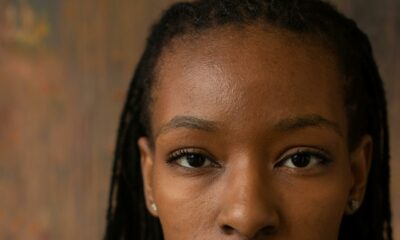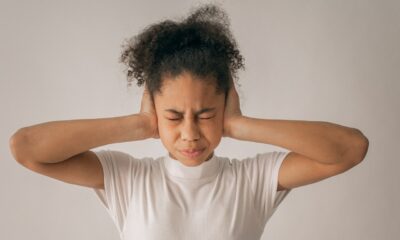Features
Ehi Agbashi: The Fight Against Mental Health Stigma Has to be Supported
Every week I come across the suicide story of a young Nigerian, and as usual, people go on to say how “suicide is never an option.” But they don’t provide any helpful information for someone who might need it next time. A lot of people have been advocating for a ban on Sniper, but I hardly see anyone advocating for an emergency helpline or even better psychological services.
 A few weeks ago I went to church, and the first thing I saw on the screen was a video playing. I thought it was one of the many motivational videos played every Sunday, but it wasn’t. It was the story of someone who had overcome addiction and his journey through this trying period of his life. This wasn’t a very interesting church service, as the pastor spoke about mental health with an emphasis on addiction. I later got to find out that we had an ongoing series titled “Dancing With the Scars,” and the topic for that day was “The Scar of Addiction.”
A few weeks ago I went to church, and the first thing I saw on the screen was a video playing. I thought it was one of the many motivational videos played every Sunday, but it wasn’t. It was the story of someone who had overcome addiction and his journey through this trying period of his life. This wasn’t a very interesting church service, as the pastor spoke about mental health with an emphasis on addiction. I later got to find out that we had an ongoing series titled “Dancing With the Scars,” and the topic for that day was “The Scar of Addiction.”
This was kind of strange to me as a Nigerian, because I was used to a setting where mental illness, addiction especially, was seen as a demonic spirit needed to be prayed against. Most people don’t know what to do when they find out they have some sort of mental breakdown. They don’t even know what resources are available to them.
Every week I come across the suicide story of a young Nigerian, and as usual, people go on to say how “suicide is never an option.” But they don’t provide any helpful information for someone who might need it next time. A lot of people have been advocating for a ban on Sniper, but I hardly see anyone advocating for an emergency helpline or even better psychological services. One of the saddest stories I read was that of a student who died by suicide due to parental and educational pressure. He felt he wasn’t good enough for his parents, and when he didn’t get good enough grades, he unfortunately killed himself. It made me think of the role parents play in mental health, from mere words degrading their children, to setting extremely hard standards for these children to live by.
I have seen people say many parents have their own mental health problems that they might not even be aware of. These issues could be from extremely hard childhoods they experienced, their own suppressed emotions, or as I have learned, PTSD from the wars and crises they experienced as kids. Instead of bashing their harsh parenting skills, or publicly shaming them for being too hard on us (I am not talking about abuse here and I am not excusing harsh or bad parenting), how about we break the cycle? We could try to help them, and yes, I know it won’t be easy, but I know it’s worth the effort.
We also have to realise that we need to put ourselves first, so before we help others, let’s make sure we are at peace with ourselves and are making positive progress toward our healing journey. I am a Christian, so I will speak for the churches who most times shed a negative light on mental health. They tell people to pray their depression away. Well, when these people pray for ages and nothing changes, they blame themselves, and this makes matters worse. Instead of telling people to pray away their addiction and depression, why don’t pastors and other community leaders give out information on psychological resources available?
I was able to gather some helpful resources for anyone out there that might need them. Feel free to add yours or any other that might be useful.
- Mentally Aware Nigeria Initiative: mentallyaware.org
- A book shared by my pastor for those fighting addiction: “Just Breathe by Keith Repult.”
- Nationwide emergency phone number – 112, 199
- Rape helpline – 080072732255
- Depression/suicide prevention initiative – 08062106493, 08092106493, 09080217555, 09034400009, 08111909909, 07013811143.
- Child abuse hotline (Lagos) – 08085753932, 08102678442.
- Domestic violence (Lagos) – 08057542266, 08102678443.
- Child domestic violence – 08107572829, 08131643208.
- Violation of Girls and Women helpline – 0800072732255.
- NEMA Nigeria – 0800CALLNEMA (080022556362)




















